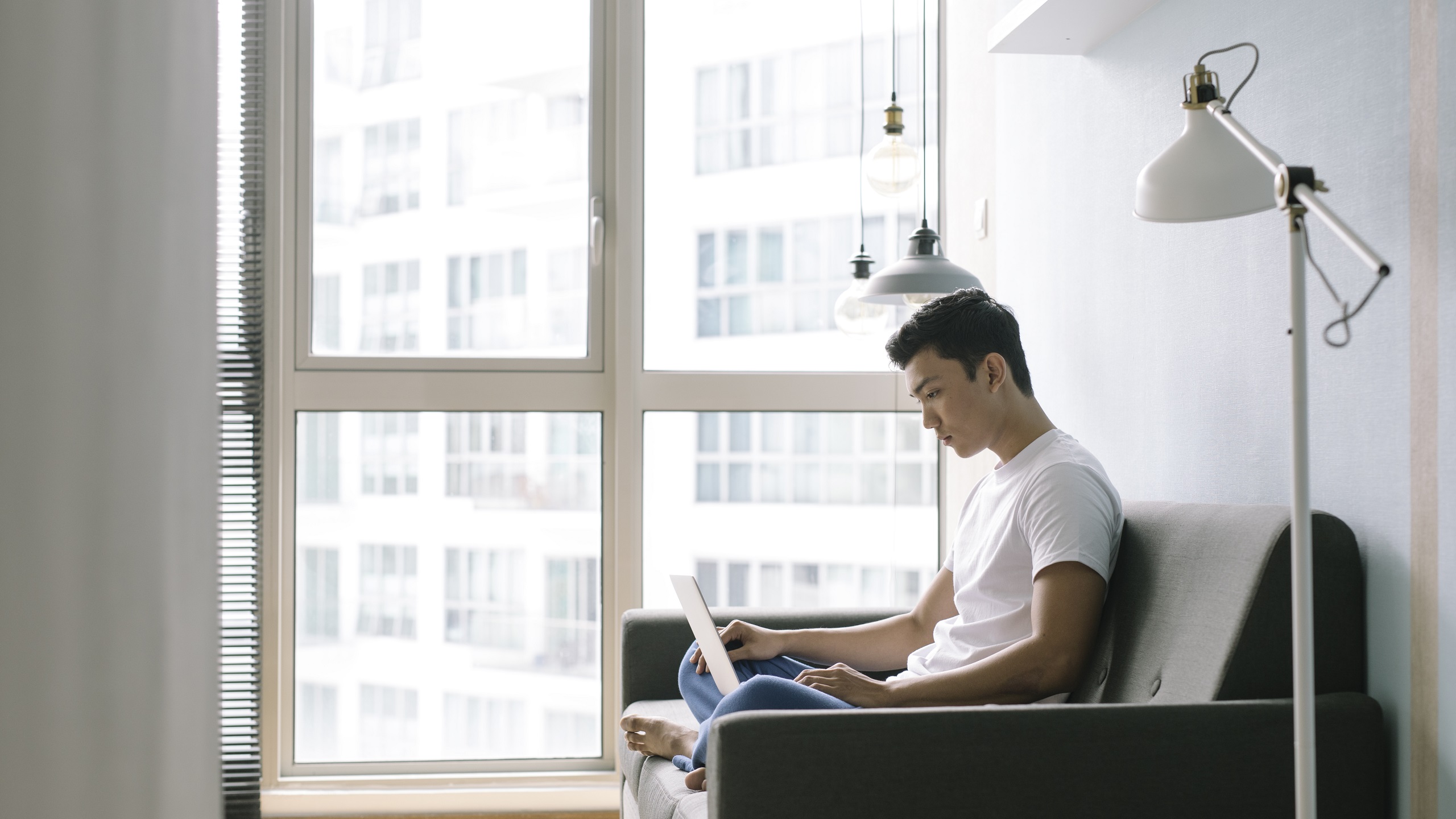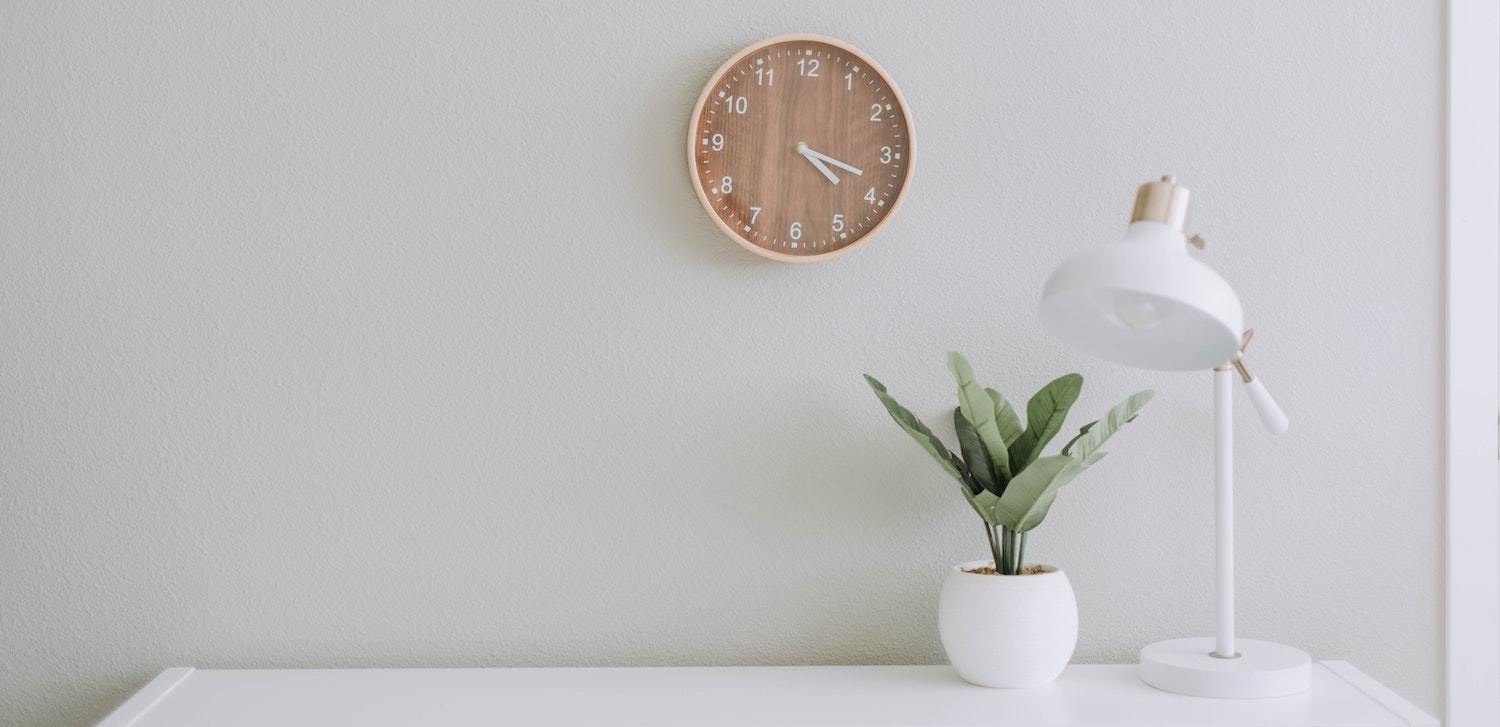Exploring the Long-Term Influence of Minimalism on Mental and Emotional Health
Exploring the Long-Term Influence of Minimalism on Mental and Emotional Health
Blog Article
Comprehending Minimalism: Approaches for Minimizing Mess and Enhancing Clarity in Everyday Living
Minimalism is progressively recognized as a viable strategy to boosting quality and emphasis in today's chaotic globe. By systematically assessing our ownerships and focusing on intentionality, we can create rooms that not just mirror our values however also promote mental wellness. Utilizing approaches such as the "Four-Box" method can promote an extra organized setting, yet real challenge exists in growing a minimalist attitude that maintains these efforts. Exploring the nuances of this ideology might disclose surprising understandings right into how you can change your day-to-day live. What might you uncover when you embrace this deliberate simplicity?
Specifying Minimalism and Its Advantages
Specifying minimalism involves comprehending it as a way of life choice that highlights simplicity and intentionality in both day-to-day regimens and physical ownerships. At its core, minimalism urges people to prioritize what truly matters, permitting a much more meaningful and concentrated presence. By removing the non-essential, minimalism invites individuals to involve deeply with their experiences and environments.
The benefits of embracing a minimal method are complex. It fosters mental clearness, as reducing clutter in one's atmosphere can lead to reduced interruptions and stress and anxiety. Individuals commonly report improved concentration and boosted efficiency when bordered by fewer belongings. Minimalism advertises economic flexibility; by focusing on requirements over wants, people can make even more enlightened buying choices, leading to potential financial savings and minimized financial debt. A minimalist way of living can yield psychological advantages, as it urges individuals to grow gratitude for what they have rather than yearning for a lot more.
Ultimately, minimalism is not just about material reduction however entails a holistic change in viewpoint, cultivating a life defined by purpose, balance, and gratification. Welcoming this way of life can cause extensive changes in how individuals perceive and connect with the globe around them.
Evaluating Your Existing Mess
Clutter commonly materializes as a frustrating build-up of things that no more offer an objective, producing a barrier to achieving a minimal lifestyle. To effectively analyze your present clutter, it is necessary to take on a systematic strategy. Begin by determining the locations in your home that feel frustrating or disorderly. Keep in mind of specific groups of things, such as clothing, books, or cookware, as this will certainly assist you recognize the range of the clutter.

Additionally, take into consideration the regularity of use for each item. It might be a candidate for removal if something has actually not served a purpose in the previous year. This evaluation will certainly not only clarify your partnership with your properties however will certainly likewise set the structure for efficient decluttering in the future. Eventually, recognizing your present clutter is an essential action toward welcoming minimalism and boosting clearness in your day-to-day living.

Practical Decluttering Methods
Having actually evaluated your current mess, the following step is to carry out functional decluttering techniques that facilitate an even more organized living room. Minimalism. One reliable technique is the "Four-Box" technique, where you assign four boxes labeled: keep, contribute, garbage, and relocate. This strategy urges fast decision-making and makes certain products are classified appropriately
Another technique is the "One in, One out" guideline, which specifies that for every single new item obtained, an existing thing needs to be eliminated. This concept aids preserve balance and stops build-up with time. In addition, consider the "30-Day Minimalism Game," where you eliminate one thing on the initial day, 2 on the 2nd, etc, cumulatively promoting a feeling of success.
For those that fight with emotional accessories to ownerships, the "Sentimental Worth" approach can be advantageous. Limitation yourself to a particular number of treasured products, enabling you to appreciate their importance without overwhelming your room. Establish a normal decluttering timetable, whether monthly or seasonally, to preserve a clutter-free environment. By utilizing these strategies, you can develop a more effective and calm living space, inevitably improving quality in your everyday life.
Developing Willful Areas
Creating deliberate rooms involves a thoughtful method to how we style and arrange our environments, ensuring each location offers a certain function and mirrors our worths. This technique is crucial in cultivating a feeling of quality and function in our day-to-days live. By critically assessing the feature of each area, we can remove interruptions and boost our overall well-being.
To develop deliberate rooms, begin by identifying the key activities that original site will take place in each location. A home workplace ought to be made to cultivate efficiency, incorporating components such as ample illumination, comfortable furniture, and minimal diversions. In contrast, a relaxation area must advertise tranquility, featuring calming colors and comfy seats.
In addition, consider the psychological impact of your surroundings (Minimalism). Incorporating individual products that reverberate with your worths, such as artwork or plants, can improve the connection to your area. Routinely evaluate these environments to guarantee they remain to serve their desired function as your requirements advance
Ultimately, creating deliberate rooms has to do with making aware options that line up with your way of living, advertising consistency and effectiveness in your living and functioning settings.
Preserving a Minimalist Mindset
Welcoming a minimalist state of mind needs recurring representation and intentionality in our ideas and activities. Set apart time to review your commitments, ownerships, and also digital material, guaranteeing they straighten with your core principles.
This change in perspective urges appreciation for simpleness, enhancing general well-being. Integrating mindfulness strategies, such as meditation or journaling, can pop over here additionally reinforce a minimalist state of mind by promoting clarity and decreasing psychological clutter.
In addition, establish borders to secure your energy and time. Discover to say no to non-essential obligations and diversions that do not add to your personal development. Surround yourself with similar individuals who sustain your minimalist journey, as shared values can improve inspiration and accountability.
Final Thought
Finally, welcoming minimalism offers significant advantages, consisting of reduced clutter and enhanced quality in life (Minimalism). By methodically evaluating ownerships and applying useful decluttering techniques, individuals can create willful rooms that promote mindfulness and thankfulness. Keeping a minimalist frame of mind needs ongoing analysis and dedication to simpleness, ultimately bring about a much more focused and satisfying way of life. The principles of minimalism function as beneficial devices for growing an atmosphere that supports personal growth and health.

Additionally, think about the "30-Day Minimalism Game," where you remove one product on the very first day, 2 on the 2nd, and so forth, cumulatively promoting a sense of achievement.
In verdict, embracing minimalism offers substantial advantages, including minimized mess and enhanced clarity in daily life.
Report this page